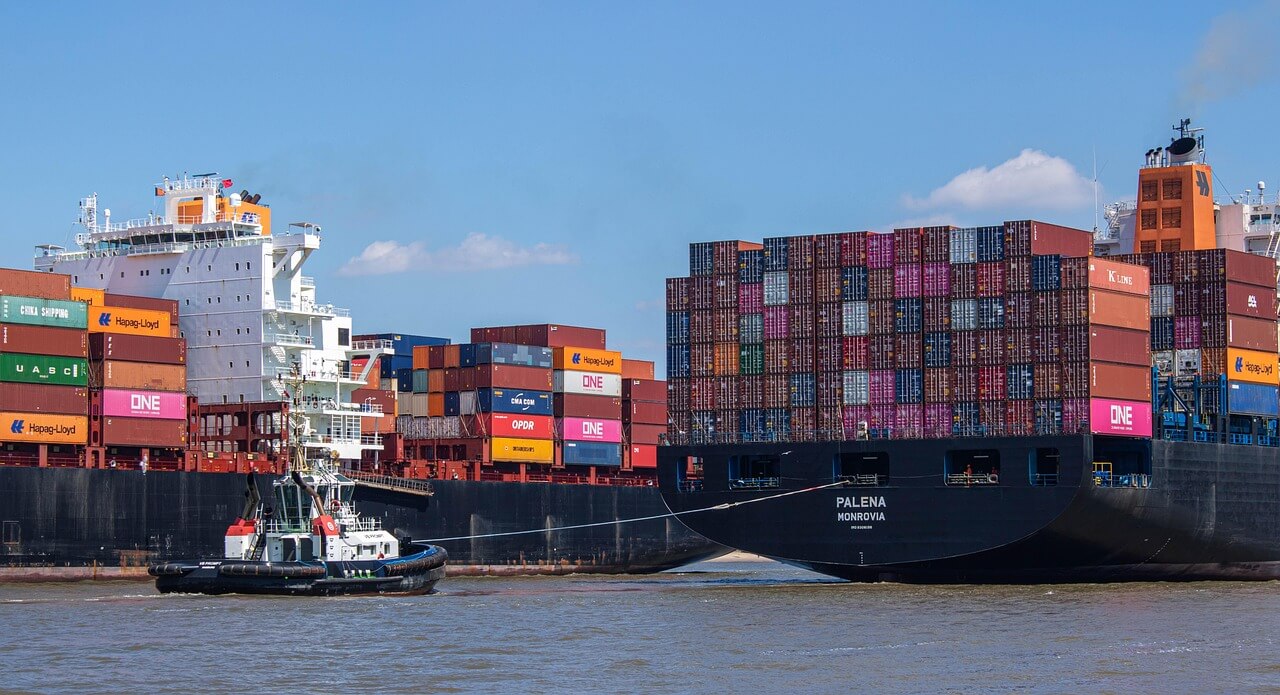
28
Apr
Freight forwarding import and export to Kenya, reference for express shipping costs
Freight Forwarding to Kenya: An Insight into Import-Export Logistics and Expedited Freight Cost Reference
Introduction
Kenya, situated at the crossroads of East Africa, has become an important hub for international trade. Its strategic location and strong economic growth have made it an attractive destination for both local and global businesses. As a result, the demand for freight forwarding services to Kenya has increased significantly. In this article, we will explore the intricacies of import-export logistics in Kenya and provide a freight cost reference for express shipments.
Export Logistics from Kenya
The export process from Kenya involves several key steps, including preparing export documentation, arranging transportation, customs clearance, and delivery to the final destination. Freight forwarders play a crucial role in coordinating these activities to ensure smooth and efficient exports. They provide valuable services such as cargo handling, packing, loading, and unloading. Additionally, freight forwarders also assist with customs clearance procedures, ensuring that all necessary documents are in order and comply with international regulations.
Import Logistics to Kenya
The import process to Kenya involves several stages as well, including market research, contract negotiation, import permits and licenses, customs clearance, transportation, and final delivery. Freight forwarders play a vital role in coordinating these activities to ensure timely and cost-effective imports. They provide end-to-end solutions that include selecting the most appropriate transportation mode, handling customs duties and taxes, arranging storage facilities, and ensuring timely delivery to the importer.
Expedited Freight Cost Reference to Kenya
The cost of expedited freight to Kenya depends on several factors such as the type of cargo, distance, transportation mode (air or sea), and the specific requirements of the shipment. However, here is a general cost reference to provide an insight into the pricing structure:
1. Air Freight: Air freight is generally more expensive but faster than sea freight. The cost of air freight to Kenya depends on the weight and volume of the shipment, as well as the airport of departure and arrival. On average, air freight rates can range from USD 20 to USD 10 per kilogram depending on the specific factors involved.
2. Sea Freight: Sea freight is more economical for larger shipments but takes longer than air freight. The cost of sea freight to Kenya depends on the size and weight of the container, as well as the port of departure and arrival. Shipping lines offer different pricing options such as LCL (Less than Container Load) and FCL (Full Container Load). LCL typically costs less per cubic meter but takes longer due to consolidation and de-consolidation at the ports. FCL provides faster delivery but may have higher upfront costs.
Additional Costs to Consider
Besides transportation costs, there are other costs to consider when shipping to Kenya such as customs duties, taxes, handling fees, and storage charges. It is important to factor these costs into your overall budget to ensure accurate pricing and profitability.
Conclusion
Freight forwarding to Kenya involves complex processes that require careful planning and coordination. By understanding the import-export logistics involved and referencing expedited freight costs, businesses can make informed decisions about their shipping needs. With the help of a reliable freight forwarder, businesses can ensure smooth and cost-effective shipments to Kenya while minimizing risks and maximizing efficiency.
Introduction
Kenya, situated at the crossroads of East Africa, has become an important hub for international trade. Its strategic location and strong economic growth have made it an attractive destination for both local and global businesses. As a result, the demand for freight forwarding services to Kenya has increased significantly. In this article, we will explore the intricacies of import-export logistics in Kenya and provide a freight cost reference for express shipments.
Export Logistics from Kenya
The export process from Kenya involves several key steps, including preparing export documentation, arranging transportation, customs clearance, and delivery to the final destination. Freight forwarders play a crucial role in coordinating these activities to ensure smooth and efficient exports. They provide valuable services such as cargo handling, packing, loading, and unloading. Additionally, freight forwarders also assist with customs clearance procedures, ensuring that all necessary documents are in order and comply with international regulations.
Import Logistics to Kenya
The import process to Kenya involves several stages as well, including market research, contract negotiation, import permits and licenses, customs clearance, transportation, and final delivery. Freight forwarders play a vital role in coordinating these activities to ensure timely and cost-effective imports. They provide end-to-end solutions that include selecting the most appropriate transportation mode, handling customs duties and taxes, arranging storage facilities, and ensuring timely delivery to the importer.
Expedited Freight Cost Reference to Kenya
The cost of expedited freight to Kenya depends on several factors such as the type of cargo, distance, transportation mode (air or sea), and the specific requirements of the shipment. However, here is a general cost reference to provide an insight into the pricing structure:
1. Air Freight: Air freight is generally more expensive but faster than sea freight. The cost of air freight to Kenya depends on the weight and volume of the shipment, as well as the airport of departure and arrival. On average, air freight rates can range from USD 20 to USD 10 per kilogram depending on the specific factors involved.
2. Sea Freight: Sea freight is more economical for larger shipments but takes longer than air freight. The cost of sea freight to Kenya depends on the size and weight of the container, as well as the port of departure and arrival. Shipping lines offer different pricing options such as LCL (Less than Container Load) and FCL (Full Container Load). LCL typically costs less per cubic meter but takes longer due to consolidation and de-consolidation at the ports. FCL provides faster delivery but may have higher upfront costs.
Additional Costs to Consider
Besides transportation costs, there are other costs to consider when shipping to Kenya such as customs duties, taxes, handling fees, and storage charges. It is important to factor these costs into your overall budget to ensure accurate pricing and profitability.
Conclusion
Freight forwarding to Kenya involves complex processes that require careful planning and coordination. By understanding the import-export logistics involved and referencing expedited freight costs, businesses can make informed decisions about their shipping needs. With the help of a reliable freight forwarder, businesses can ensure smooth and cost-effective shipments to Kenya while minimizing risks and maximizing efficiency.
LEAVE YOUR COMMENT
categories
recentpost
-
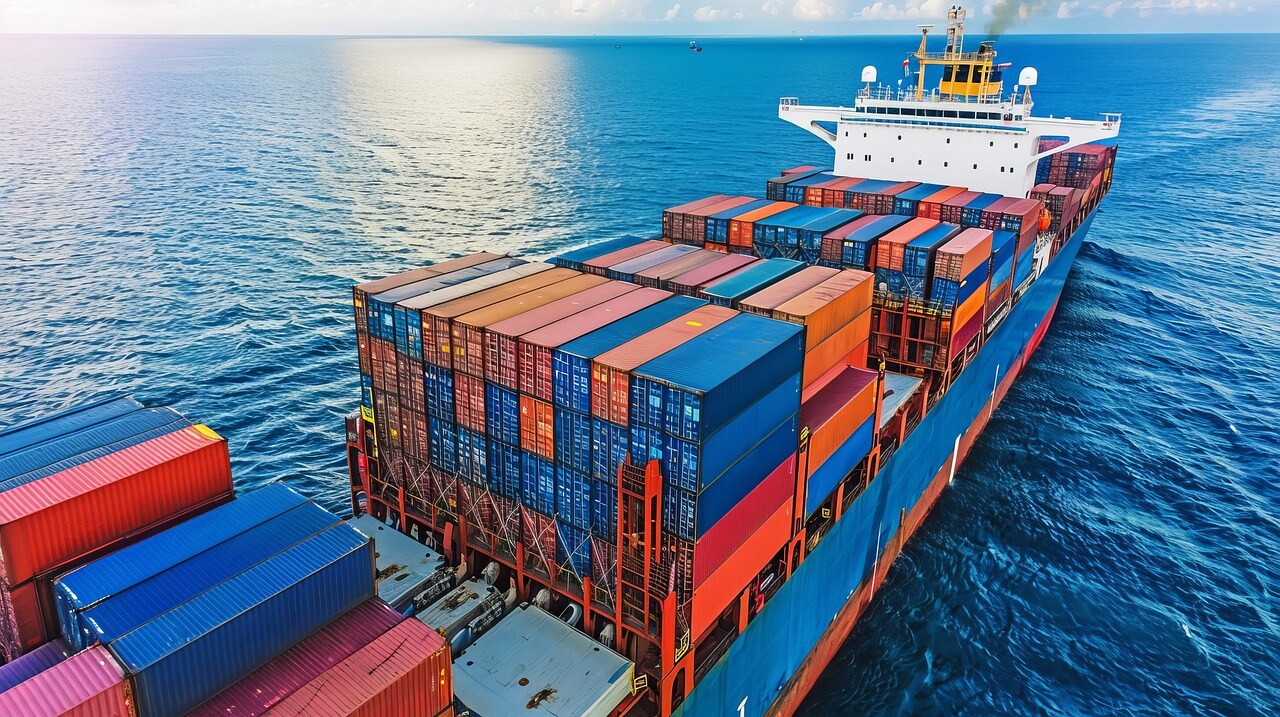 How can freight forwarders achieve efficient logistics and shipping from China to Tanzania?Apr 30,2025
How can freight forwarders achieve efficient logistics and shipping from China to Tanzania?Apr 30,2025 -
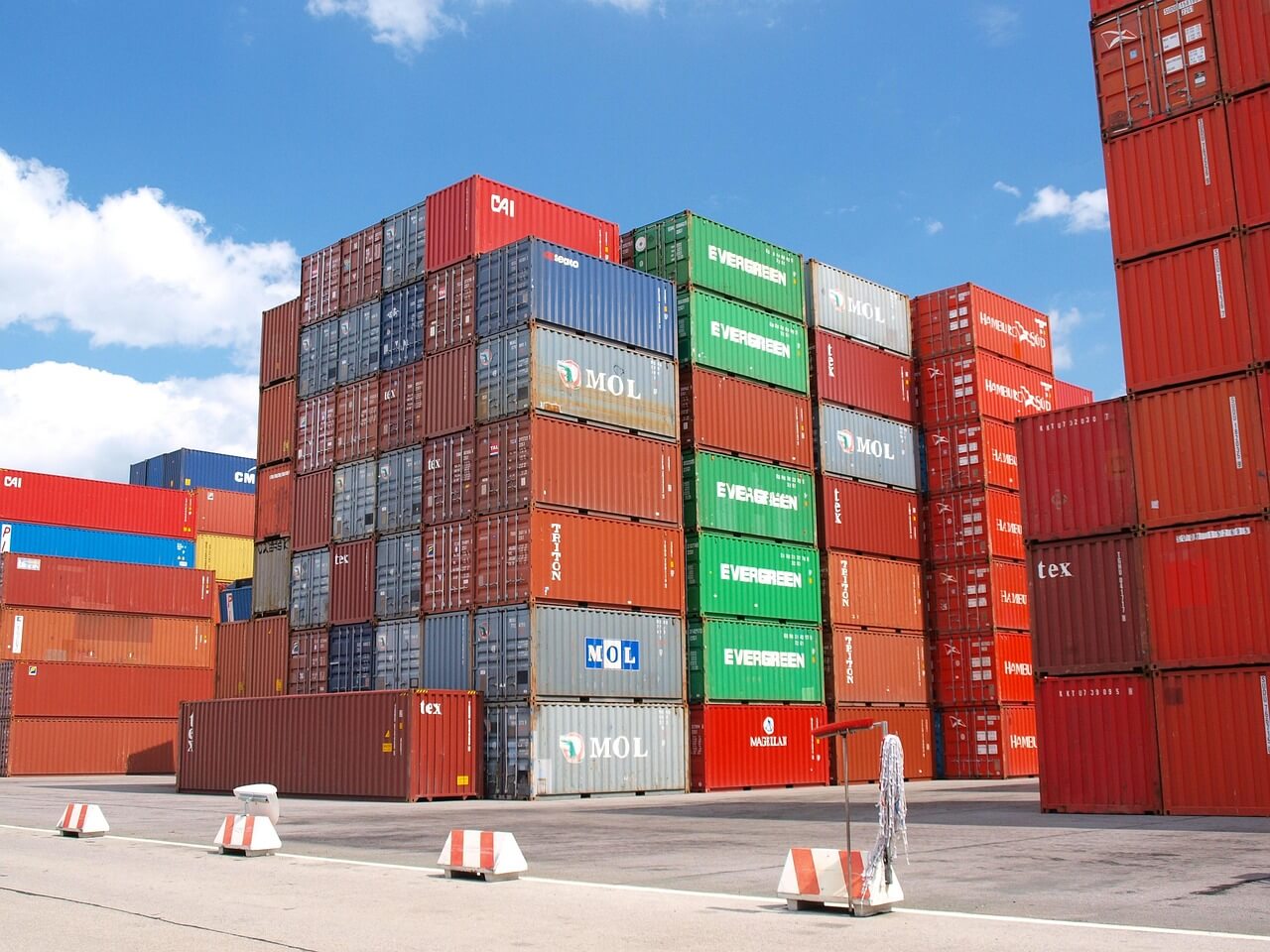 What are the guarantee measures for transportation and transaction services from China to the UnitedApr 30,2025
What are the guarantee measures for transportation and transaction services from China to the UnitedApr 30,2025 -
 How is the international freight delivery service for transporting goods to Saudi Arabia?Apr 30,2025
How is the international freight delivery service for transporting goods to Saudi Arabia?Apr 30,2025 -
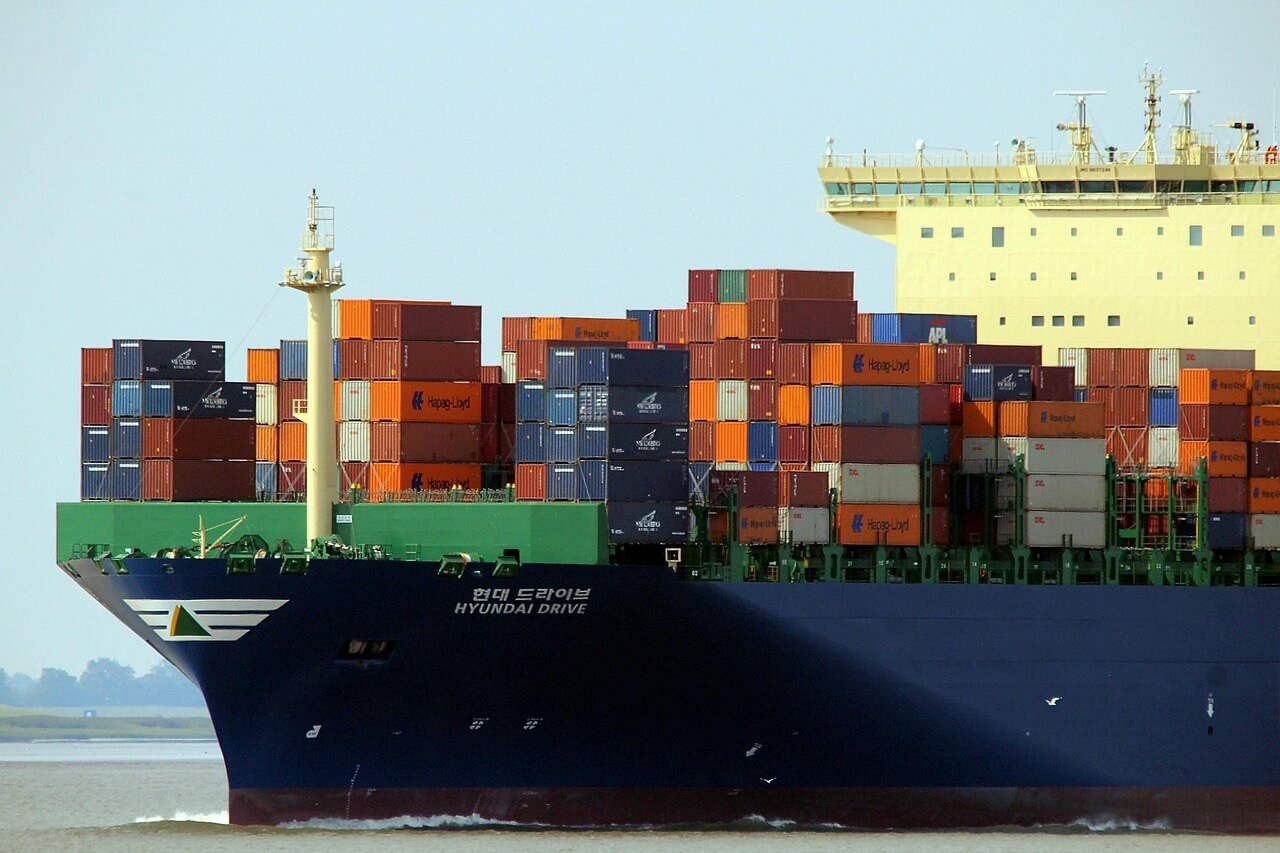 What is the delivery time for international freight from China to Kenya?Apr 30,2025
What is the delivery time for international freight from China to Kenya?Apr 30,2025 -
 What is the customs clearance process for global land transportation from China to the United Arab EApr 30,2025
What is the customs clearance process for global land transportation from China to the United Arab EApr 30,2025 -
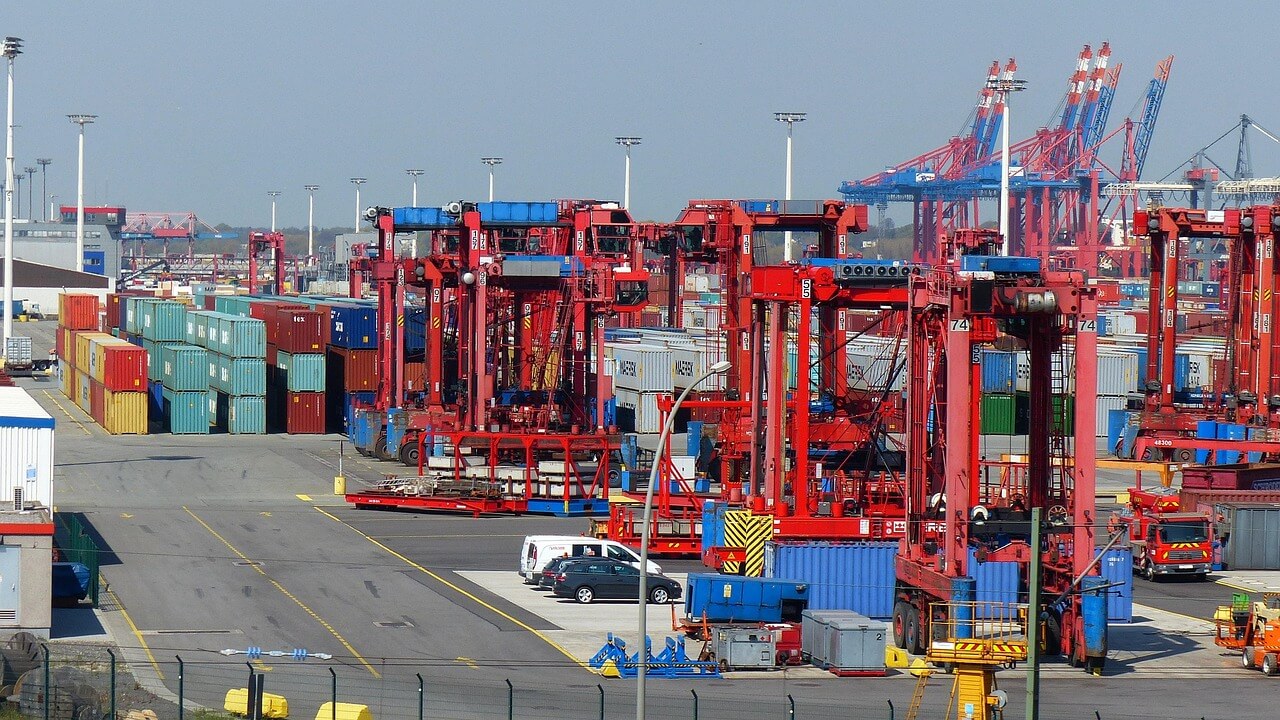 Shipping Guide from China to Qatar: How to Calculate LCL Shipping Cost?Apr 30,2025
Shipping Guide from China to Qatar: How to Calculate LCL Shipping Cost?Apr 30,2025

